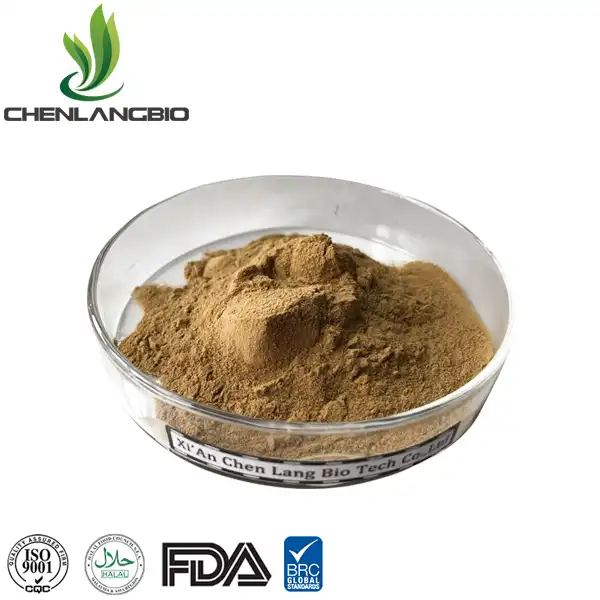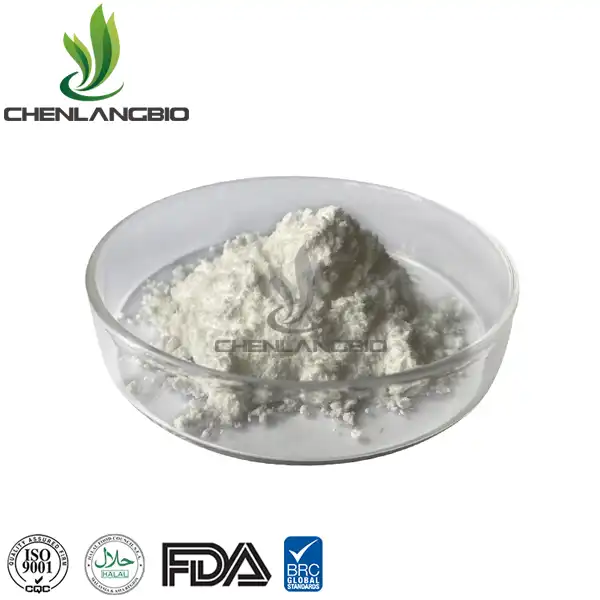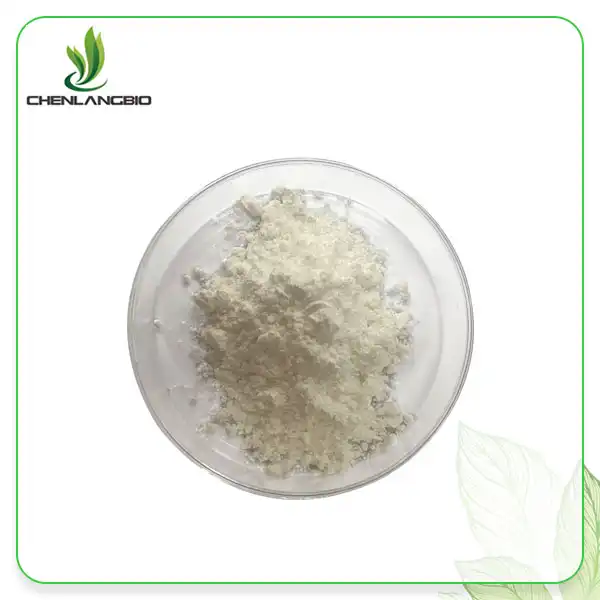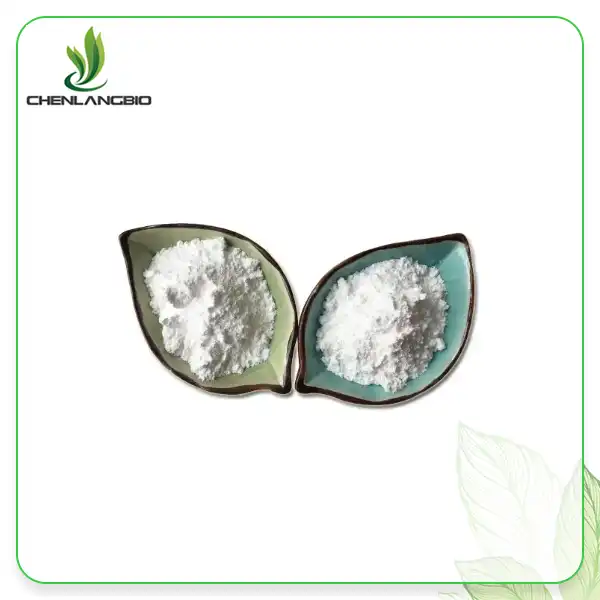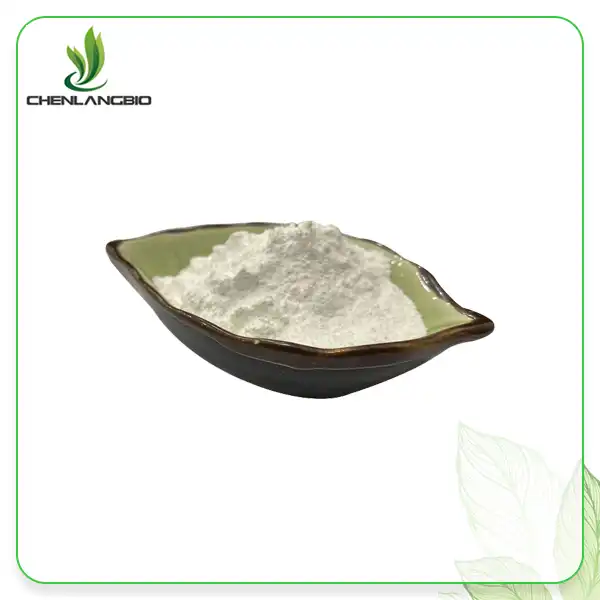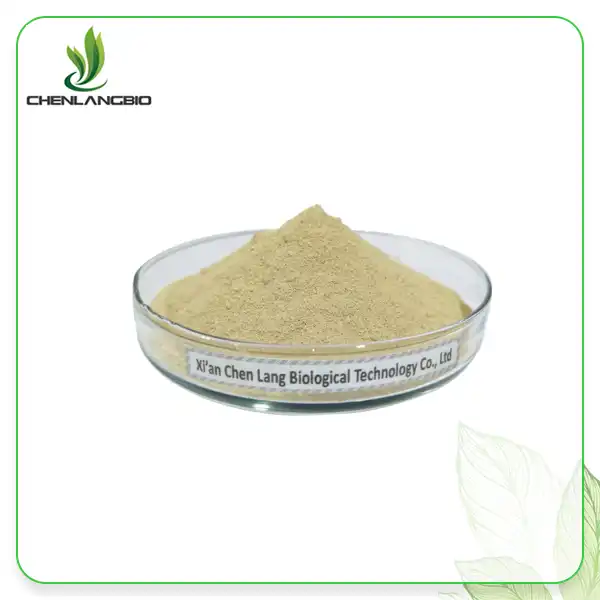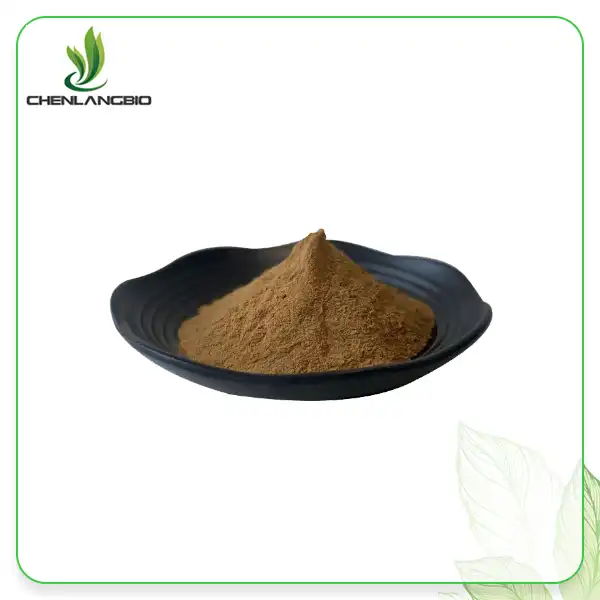Is Phellinus Linteus Extract Safe
2024-12-16 11:20:27
Phellinus Linteus, a renowned medicinal mushroom, has garnered significant attention in the world of natural health supplements. As interest in this fungus grows, many are asking about the safety of Phellinus Linteus extract. This blog delves into the safety profile of phellinus linteus extract powder, examining its potential benefits and any associated risks. We'll explore scientific research, traditional uses, and expert opinions to provide a comprehensive overview of this intriguing supplement. Whether you're a health enthusiast or simply curious about natural remedies, this article will shed light on the safety aspects of Phellinus Linteus extract and help you make an informed decision about its use.
Understanding Phellinus Linteus Extract
What is Phellinus Linteus?
The fungus species Phellinus Linteus is an associate of the Hymenochaetaceae family. In traditional Chinese medicine, it is referred to as Song gen or the Meshima mushroom. For generations, Asian nations have utilized this fungus, which predominantly grows on mulberry trees, for its alleged therapeutic benefits. This mushroom is used to make phellinus linteus extract powder, which is rich in polysaccharides, triterpenoids, and phenolic compounds, among other beneficial substances.
Historical Use of Phellinus Linteus
Phellinus Linteus has been applied to thousands of years in traditional medicine. It has proven to be taken to be a powerful medicinal mushroom in East Asian nations, especially China, Japan, and Korea. It has been utilized by traditional practitioners to treat a wide range of illnesses, such as cardiovascular problems, gastrointestinal disorders, and even some forms of cancer. Although current scientific research is required to corroborate these historical claims, the duration of its use in traditional medical systems offers some insight into its safety profile.
Extraction Process and Composition
In an effort to extract Phellinus Linteus, the bioactive components of the mushroom must be thoroughly separated. Usually, this entails drying the mushroom, crushing it into a fine powder, and then concentrating the healthy ingredients using solvents or hot water extraction techniques. Many of the health advantages of Phellinus Linteus Extract Powder are thought to be due to its high content of polysaccharides, specifically β-glucans. The extract also contains a variety of minerals, phenols, and sterols. Depending on the extraction technique and the particular mushroom portion used, the exact content may change..
Safety Profile of Phellinus Linteus Extract
Scientific Research on Safety
Numerous scientific studies have been conducted to assess the safety of Phellinus Linteus Extract Powder. In vitro and animal studies have shown promising results regarding its safety profile. A study published in the Journal of Ethnopharmacology found that Phellinus Linteus extract exhibited low toxicity in animal models, even at high doses. Another research paper in the International Journal of Medicinal Mushrooms reported no significant adverse effects in rats given Phellinus Linteus extract over an extended period. However, it's important to note that while these studies are encouraging, more extensive human trials are needed to definitively establish its safety in diverse populations.
Potential Side Effects
While phellinus linteus extract powder is generally considered safe for most people, some individuals may experience mild side effects. These can include digestive discomfort, such as bloating or mild nausea, especially when first starting to use the supplement. In rare cases, allergic reactions have been reported, manifesting as skin rashes or itching. It's crucial for individuals with known mushroom allergies to exercise caution and consult a healthcare professional before using Phellinus Linteus extract. Additionally, due to its potential effects on blood sugar and immune function, people with diabetes or autoimmune conditions should seek medical advice before incorporating it into their regimen.
Interactions with Medications
One aspect of safety that requires careful consideration is the potential interaction of Phellinus Linteus Extract Powder with certain medications. Due to its immune-modulating properties, it may interact with immunosuppressant drugs, potentially altering their effectiveness. There's also some evidence suggesting that Phellinus Linteus extract could affect blood clotting, which means it might interact with blood-thinning medications like warfarin. Individuals taking any prescription medications should consult their healthcare provider before using Phellinus Linteus extract to ensure there are no contraindications or potential adverse interactions.
Benefits and Mechanisms of Action
Immune System Support
One of the most well-documented benefits of Phellinus Linteus Extract Powder is its potential to support and modulate the immune system. The β-glucans found in the extract have been shown to enhance the activity of natural killer cells and macrophages, key components of the immune system. A study published in the Journal of Medicinal Food demonstrated that Phellinus Linteus extract could stimulate the production of cytokines, which are crucial for immune response. This immune-boosting property is particularly intriguing for its potential applications in supporting overall health and possibly in complementary cancer therapies, though more research is needed in this area.
Antioxidant Properties
Phellinus Linteus extract is rich in antioxidants, which play a vital role in protecting cells from oxidative stress and free radical damage. Research published in the International Journal of Molecular Sciences highlighted the potent antioxidant activity of compounds isolated from Phellinus Linteus. These antioxidants may help in reducing inflammation throughout the body and potentially offer protection against various chronic diseases. The antioxidant properties of phellinus linteus extract powder contribute to its overall safety profile, as they help neutralize harmful substances in the body.
Anti-inflammatory Effects
Inflammation is a common underlying factor in many chronic diseases, and Phellinus Linteus extract has shown promising anti-inflammatory properties. A study in the Journal of Ethnopharmacology found that compounds in Phellinus Linteus could inhibit the production of pro-inflammatory mediators. This anti-inflammatory action may contribute to the extract's potential benefits in conditions such as arthritis, cardiovascular diseases, and certain digestive disorders. The ability to modulate inflammation without significant side effects is a key aspect of the safety profile of Phellinus Linteus Extract Powder, making it an intriguing option for those seeking natural anti-inflammatory support.
Conclusion
Based on current research and traditional use, Phellinus Linteus Extract Powder appears to have a favorable safety profile for most individuals. However, as with any supplement, it's crucial to use it responsibly and under the guidance of a healthcare professional, especially for those with pre-existing conditions or taking medications. While more extensive human studies are needed, the existing evidence suggests that Phellinus Linteus extract can be a safe addition to a health-conscious lifestyle when used appropriately. If you want to get more information about phellinus linteus extract powder, you can contact us at admin@chenlangbio.com.
References
1. Kim, H. M., et al. (2004). "Stimulation of humoral and cell mediated immunity by polysaccharide from mushroom Phellinus linteus." International Immunopharmacology.
2. Sliva, D. (2010). "Medicinal mushroom Phellinus linteus as an alternative cancer therapy." Experimental and Therapeutic Medicine.
3. Zhu, T., et al. (2008). "Antitumor and immunomodulating activities of polysaccharides from mycelium of Phellinus linteus grown under artificial cultivation." Journal of Natural Medicines.
4. Huang, G. J., et al. (2011). "Antioxidant and anti-inflammatory properties of longan (Dimocarpus longan Lour.) pericarp." Evidence-Based Complementary and Alternative Medicine.
5. Mei, Y., et al. (2015). "Antioxidant and anti-inflammatory properties of an extract of Phellinus linteus grown on germinated brown rice." Food & Function.
6. Jang, Y., et al. (2018). "Phellinus linteus extract exerts anti-asthmatic effects by suppressing NF-κB and p38 MAPK activity in an OVA-induced mouse model of asthma." Immune Network.
Send Inquiry
Related Industry Knowledge
- Why Is Hydrolyzed Keratin Popular in Premium Hair Products?
- What Are the Key Benefits of Using Premium Vitamin D3 Powder in Supplements?
- Is Cetyl Tranexamate HCL Safe?
- What are the Benefits of Phellinus Linteus?
- Bulk Dimethylmethoxy Chromanol: A Formulator’s Guide
- Why Pure Fisetin Is the Antioxidant You Need
- Is Monobenzone Same As Hydroquinone
- What to Avoid When Taking Loratadine
- How Do You Dissolve Praziquantel Powder
- Are Beta Carotene Supplements Safe

